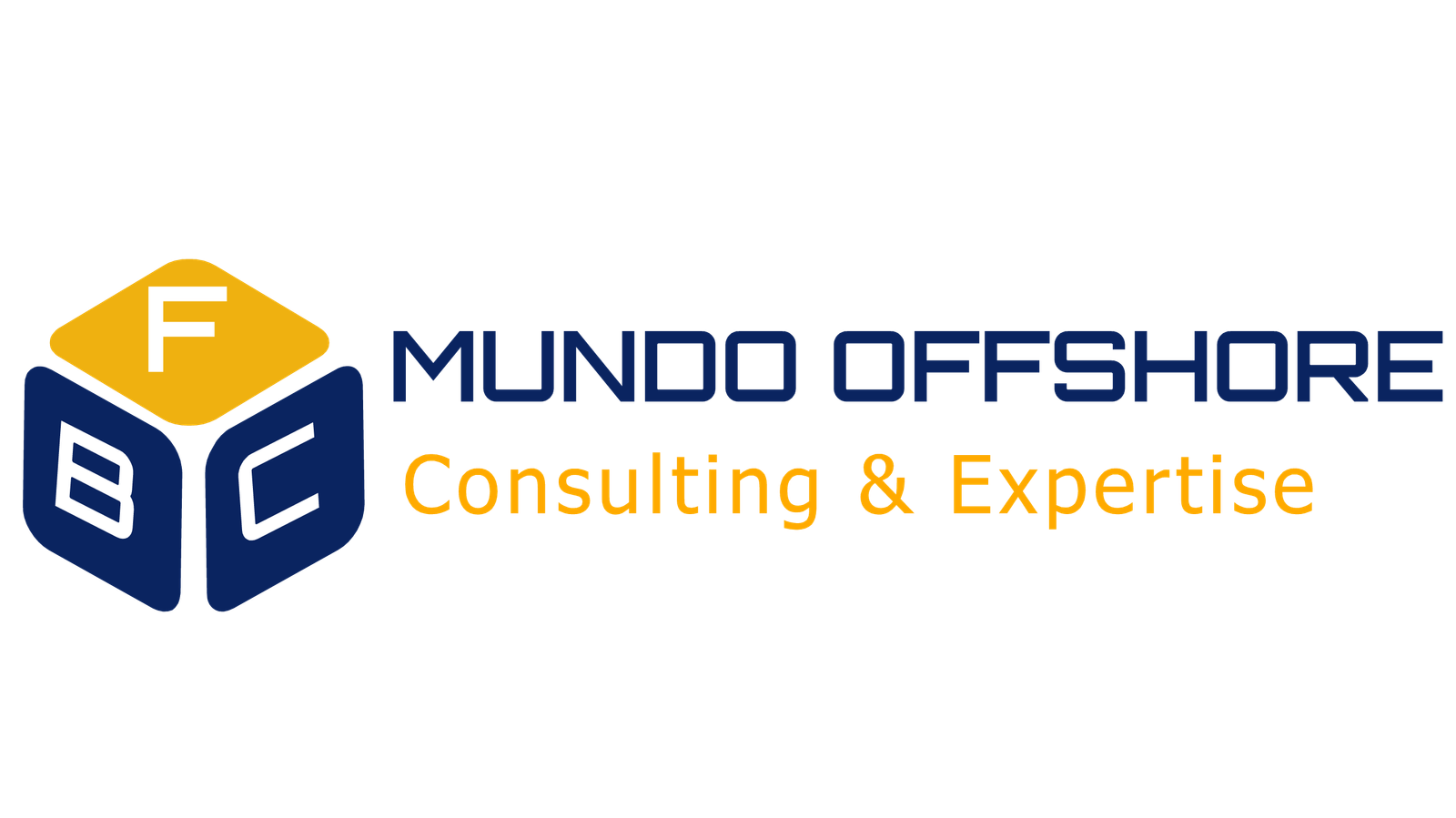SPAIN OFFSHORE COMPANY INCORPORATION
- Home
- offshore company
- SPAIN OFFSHORE COMPANY INCORPORATION


Form an offshore company in
Spain
SPAIN OFFSHORE COMPANY FORMATION
If you’re planning to set up an offshore business in Spain and you’re not a resident, you’ll need to obtain a Foreigners’ Identification Number (NIE: Número de Identificación de Extranjeros). We can assist you in obtaining this number to facilitate the process of opening your business in Spain.
In Spain, foreign investors can choose from three main types of businesses. The first is the limited liability company, which offers a corporate tax rate of 15% in the first year if there’s a positive financial result, then switches to a flat rate of 25% thereafter, as long as the company’s profits do not exceed 8 million euros.
The second is the public limited company, requiring a minimum capital of 60,000 euros, which is subject to a tax rate of 30%.
Lastly, the ETVE (Entidad de Tenencia de Valores Extranjeros), similar to a holding company, offers a total exemption from taxes on dividends reinvested abroad.
It’s important to highlight that forming a business in Spain goes beyond simple tax optimization, as corporate tax rates are among the highest in Europe. Income tax is proportional to recorded profits, varying from 19% to 44%. However, as an EU economic powerhouse, Spain provides an environment where a well-managed company can serve as a leading tool for tax optimization.
Additionally, certain regions in Spain have favorable tax regimes, like Melilla, Ceuta, or the Canary Islands, where corporate tax is nearly zero and VAT is non-existent.
what to know about Spain
Spain, a member of the European Union, is constitutionally defined as a social and democratic state governed by the rule of law, with a parliamentary monarchy as its form of government. Administratively, the country is divided into 17 autonomous communities and two autonomous cities.
While tax rates in Spain are not among the lowest in Europe, Spanish taxation offers mechanisms to mitigate the corporate tax burden.
The taxation for self-employed workers (trabajadores por cuenta propia) is progressive, based on income earned during the fiscal year.
Since 2003, holding companies have been governed by a new regime. By consolidating holdings in different enterprises, holding companies provide various opportunities for tax optimization.
The E.T.V.E (Entidad de Tenencia de Valores Extranjeros) is the Spanish equivalent of the participation exemption regimes offered by Austrian or even Luxembourg holding companies (Soparfi).
This regime aims to exempt profits derived from foreign circuits that are distributed as dividends or capital gains from the sale of shares.
All these factors make offshore company creation in Spain attractive.
